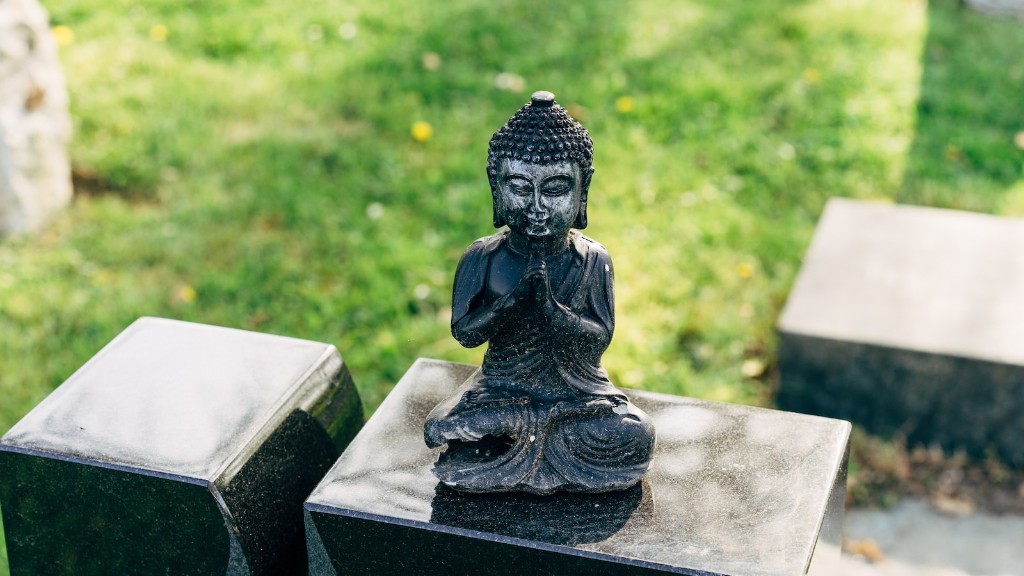Explanation of Hinduism, Prevalent Beliefs, Moral Values
Hinduism is one of the world’s oldest religions, with the roots of its origin dating back to 2000 BCE. This religion is based on various claims, that are higher in value than customs and conventions. Hinduism believes in One Supreme God, in whose purview lies the universe, and is divided into: Brahman (God), Atman (soul) and Maya (illusory perception). Besides its belief in reincarnation and karma, it considers truth, non-violence, contentment and performing one’s dharma (duty) as the four noble goals for every human being.
At the same time, Hinduism does not express its opposition to homosexuality, and there is no single general view for that. The morality of any action lies in the relationship between two entities, and the outcome of the action, so there is no such list of sins in Hinduism. Its primary scriptures, the Vedas, speak of a variety of sexual orientations, genders and practices, while they do not condemn them either.
Differing interpretations Across Philosophies & Schools of Thoughts
Different philosophies within Hinduism have different interpretations on homosexuality. For instance, the Advaita-Vedanta school does not directly oppose it, as it does not prescribe any form of sexual preferences. Yet, it also does not support it, as according to them, engaging in any sexual activities, same-sex or otherwise, hold the potential to corrupt the mind and lead to suffering. On the other hand, dialogue from the Mimamsa shastra and Nyaya school outrightly state that same-sex activities are against the principles of dharma.
Furthermore, scholars and refuters have also voiced their opinion on the matter. According to the renowned Swami Vivekananda, homosexuality is an act that violates the laws of nature; to him, every person’s true nature should be towards the opposite sex, and should appear to be logical and intuitive. Similarly, various puranas, such as the Bhagavata-Purana, Agni-Purana, Kurma-Purana, et al., describe homosexual activities as acts that lead to deterioration of one’s spiritual and religious paths.
Contemporary Perceptions & Current Legal Status
Despite the formal scriptures, Indian perceptions towards homosexuality are changing. Some Indian schools are openly promoting loyalty towards gender differences and against gender disparity, depicting homosexual relationships as a valid sentiment between two people. The LGBTQ (Lesbian, Gay, Bisexual, Transgender and Queer) community in India is gaining acceptance from the Indian government and mainstream society, as evident from the revision of Section 377 of the Indian Penal Code in 2009, which revoked the regulation that made all sexual activities outside of marriage as a punishable offence.
Despite the abolishment, it has been witnessed that absolute moral and social acceptance of homosexuality, still remains uphill. Traditional hindu scholars and the public are still divided over the acceptance of the queer community, and the judgement remains largely unresolved in the everyday life.
Conclusion
To conclude, homosexuality, while not being deemed as a sin by all schools of Hinduism, still has not completely gained acceptance as a valid or accepted practice among the Hindu populace, even after the abolition of Section 377. Though contemporary and social opinions are becoming more open and accepting, there still exists an orthodox mindset prevailing. Therefore, it can be said that, Hinduism does not strictly oppose homosexuality, but neither does it support it.
Expanding To Different Perspectives On Homosexuality
1. Psychology Behind Homosexuality
Homosexuality is essentially a sexual preference, and studies have shown that it is determined in utero. This is due to a hormonal imbalance in the intrauterine, caused by a complex interaction between environmental and genetic factors. The impact of genetics on sexual orientation is evident when preference for the same sex runs in families, and has been observed in identical twins, with both twins having the same sexual orientation.
The fact that homosexuality is not a choice, but an inborn trait, further strengthens the argument that it is not a sin in Hinduism, as the concept of sin involves an element of choice and responsibility.
2. Understanding Consent & Respect
When it comes to any sexual relationship, consent and respect remain necessary, irrespective of the gender/sexual orientation of the individuals involved. When two consenting adults involve themselves in a healthy relationship, free of any coercion, abuse or injustice, their union should be respected by everyone.
Hinduism invests a great deal in righteousness, emphasising on justice and treating every situation with equanimity. As such, consent and respect remain of utmost importance in any relationship, and considering that homosexuality does not violate that, it cannot be said to be viewed as a sin.
3. Role of Media & Political Activism
The role of the media, in highlighting issues involving the homosexuality, cannot be undermined. The media consistently showcases issues surrounding the LGBTQ community and encourages social and political discourse, via debates and discussions.
Besides this, civil society and political activists have also come forward, in order to facilitate the acceptance of the queer community, in the larger public space. They have used civil disobedience and legal procedures to exercise their rights to justice, and bring change in the perception of homosexuality in India.
4. Religious Aspects & Considerations
From a theological perspective, many people have assumed that homosexuality is fundamentally wrong, and goes against the ‘natural order’ of things. This is baseless, and being gay has no implications on a person’s inherent moral credentials.
Looking to the concept of karma, in Hinduism, karma refers to the actions of the past and their consequences, that are accrued in present life. It has no connotations of gender orientation and does not mandate any specific form of sexual behaviour for an individual.
Hence, it can be said that being gay or lesbian is not considered a sin according to the various branches of Hinduism, as long as it does not violate the universal moral code.

